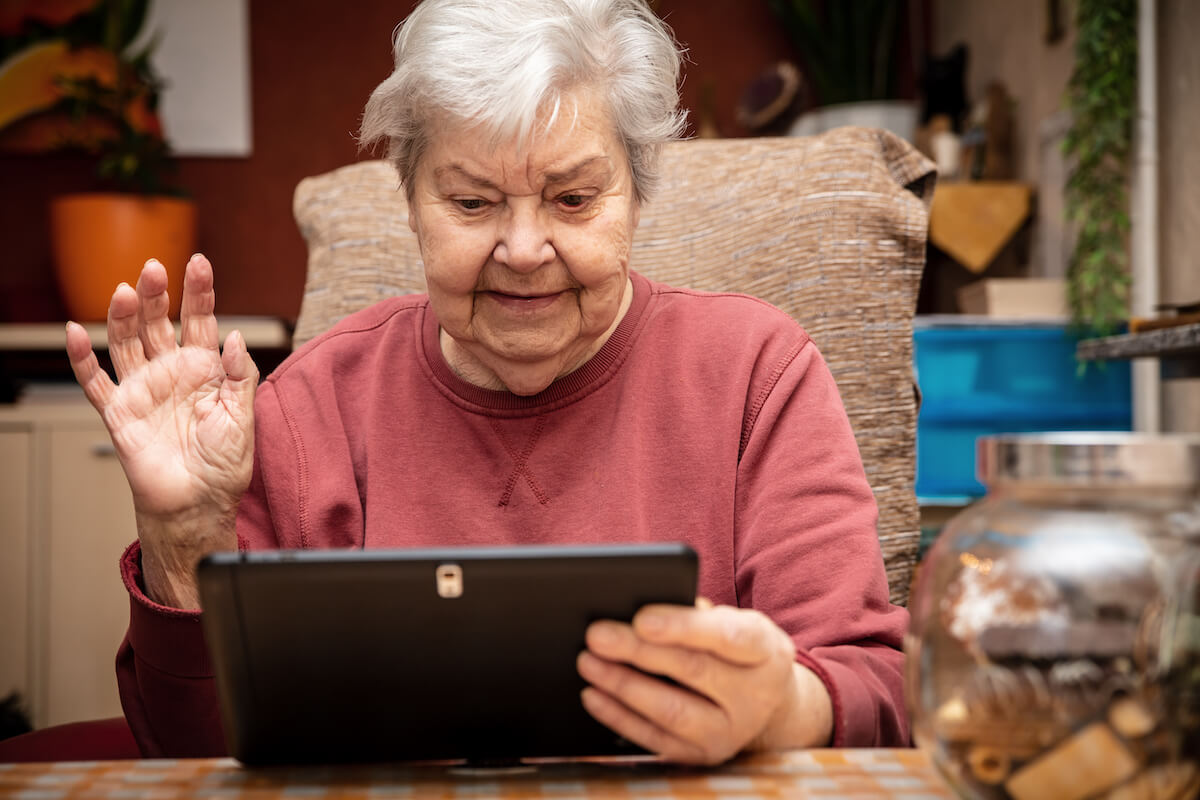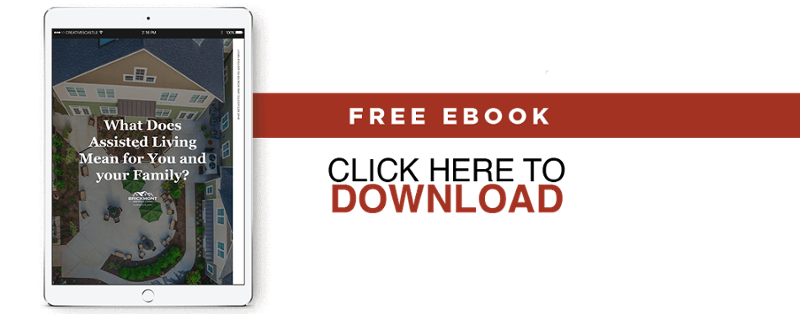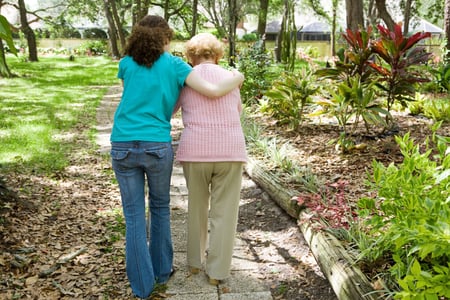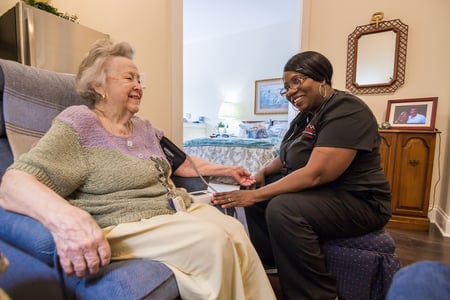
While some families are fortunate to live close to each other, we know others may be more spread out. Jobs, partners, and new opportunities can take us to new cities, states, or even countries.
In these situations, you may only be in contact with your parents or older family members through phone or video calls, where you are assured that everything is fine. However, when you finally visit in person, you might realize that they haven't been completely honest about how they’re really doing.
Visiting your parent(s) might make you realize they need additional support—someone to provide assistance and maybe help out around the house. Of course, you want to help out as much as you can, but the distance makes it impossible for you to be as much as they need.
We know that long-distance caregiving presents a unique set of challenges. However, with the right planning and expectations, you can provide the support that your family needs, even from a distance. Brickmont Assisted Living is sharing some tips for long-distance caregivers to make the relationship beneficial and successful.
1. Understand Their Needs
Before you plan the in’s and out’s of long-distance caregiving, you must first understand what your parent or family member needs when it comes to assistance.
The most critical thing to note is if they live alone and cannot carry out basic activities of daily living on their own, or if their home presents hazards and dangers. In these circumstances, you may want to start the conversation around assisted living.
However, if your family member can move around the home and take care of themselves safely, you can now determine what other support they may need. Some things to consider and to ask yourself include:
- Can they still safely drive?
- Is their home tidy and well-kept?
- Do they have trouble managing medications?
- Do they still grocery shop and prepare meals for themselves?
By understanding your family member’s needs, you can figure out what your role should be as a long-distance caregiver.
2. Make Sure Necessary Paperwork is in Order
Organizing your family member’s paperwork is a great way to help out from a distance and make caregiving easier and more effective. You should have access to all your family member’s legal, medical, and financial documents, as well as any other personal information.
You should also establish an advanced directive and a power of attorney, which will allow you to make healthcare decisions for your family member if they are no longer able to do so.
Create Important Lists for Your Parent
You should also make sure that your family member has easy access to all emergency numbers. Create a list of important contacts that your family member might need, including Poison Control, their healthcare provider, yourself, and any neighbors or friends, and have them put it on their refrigerator or beside their bed.
3. Communicate Often
Of course, one of the most important aspects of being a long-distance caregiver is to stay in touch with your parent or family member as much as possible. This could mean scheduling a nightly check-in or a weekly video call.
Having these calls at a set time can help ensure that you know right away if something is wrong. You can also schedule regular communication with your family member’s physician to stay up-to-date on how they are doing.
4. Enlist Help from Family & Neighbors
As much as you want to help out your family member, some things simply cannot be done from a distance. That’s why it’s important to introduce yourself to your family member’s neighbors or connect with other family members in the area. Ask them if they’d be willing to check-in or help out occasionally. This could mean bringing groceries, driving them to an appointment, or checking in on them when they miss the nightly call. Most friendly neighbors will be more than happy to help out when needed!
5. Take Care of Yourself
Being a long-distance caregiver can be challenging; you might feel guilty about not being there for your parent when they need you. But it’s important to remember that you’re doing the best you can. Don’t forget to take care of yourself physically and mentally and take time to do the things you enjoy.
6. Research Assisted Living When Needed
As you support your loved one from a distance, continue to assess their physical wellness, mental agility, and safety. If you believe that anything has changed or declined, it could be in your family member’s best interest to begin researching assisted living communities.
These communities can provide a safe, supportive, and engaging environment for your family member, offering assistance with daily tasks, meals, and housekeeping. They can be an ideal solution when caregiving from a distance is no longer providing your family member the support they need.
Brickmont Assisted Living has assisted living and memory care communities throughout Atlanta, Georgia, and delivers supportive assistance to individuals of all abilities and backgrounds. Our communities create a safe, nurturing environment that ensures residents are supported, and family members have peace of mind.
If you’re currently a long-distance caregiver, we encourage you to discover all that Brickmont Assisted Living has to offer you and your family. Call us today to schedule a visit, or go to our website for a virtual tour!





.png)